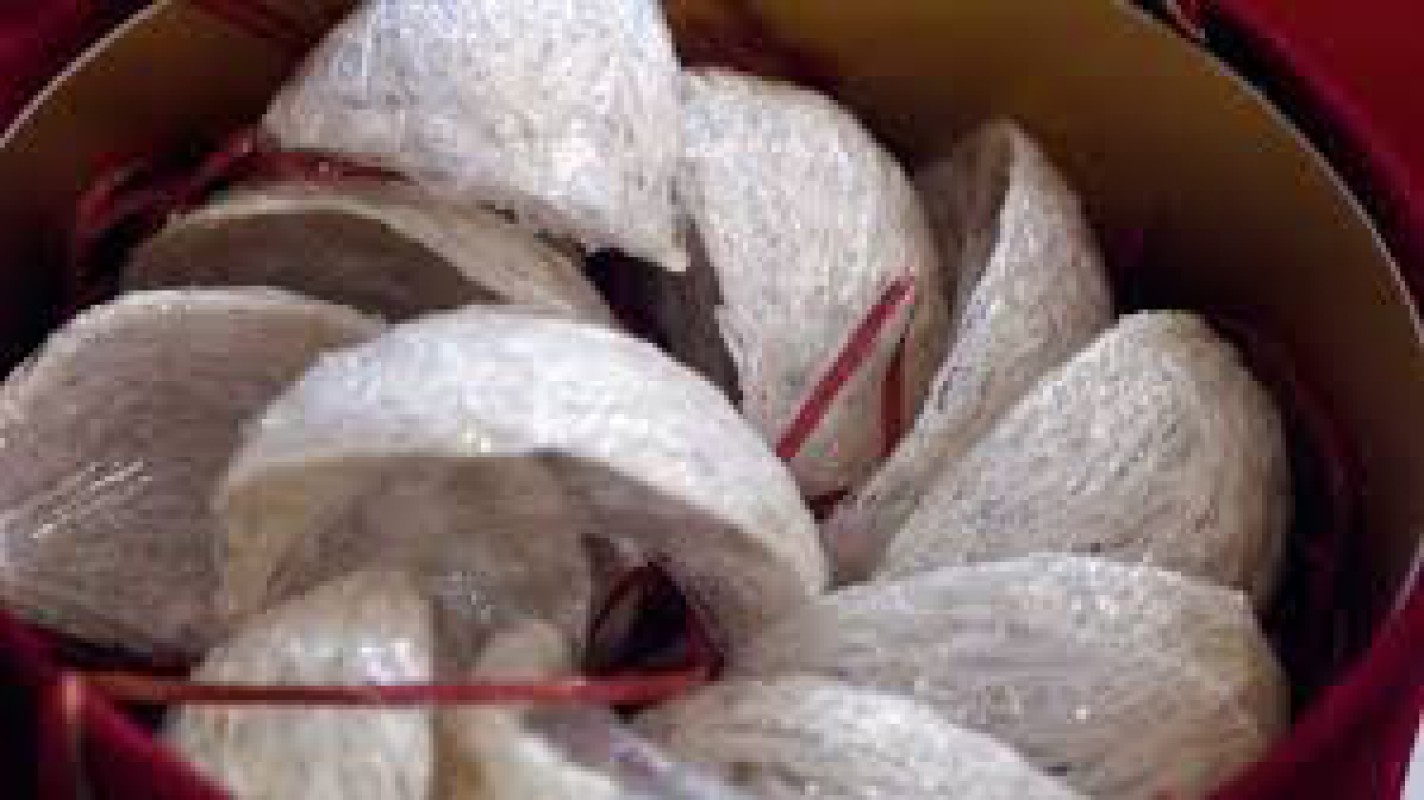Booming bird's nest industry calls for legal export channels to China

745

Hsu/ Thant Zin (NP News) - August 27
Producers of edible bird's nests in Myanmar—often called the "White Gold "—are urging the government to open legal export channels to foreign countries, according to sources within the swiftlet bird farming industry who spoke with The Statesman.
Myanmar's high-quality bird's nests are in high international demand, yet they are currently only being exported illegally to China.
“Our main market is China. But since China accounts for nearly a quarter of the global market, we cannot sell all our production there. Chinese communities are also large in Hong Kong, Taiwan, Singapore, and the United States, and there is demand from Europe as well. But the main difficulty is that we cannot legally export to China. Because of this, we have to go through many middlemen, which makes the business unprofitable. Going forward, we will push for legal export channels,” said one swiftlet bird’s nest producer.
Currently, the price for a viss (about 1.6 kg) of locally produced bird's nests can reach as high as 12 million kyats in China, while the same amount sells for only 5–6 million kyats in the domestic market.
“Right now, the price has dropped a little because we have to smuggle through illegal routes, which cuts into profits. Normally, if we could export directly to China, one viss could fetch up to 12 million kyats. Here, it’s only 5 to 6 million. But in the long run, it will be profitable. For example, the raw nest itself costs only about 2 million kyats per viss. Some houses are producing 4–5 viss per month, which means they can still earn about 10 million kyats a month,” explained another producer.
Over the past decade, edible swiftlet bird's nest farming has expanded significantly in Myanmar, with more than 5,000 farming houses now operating across various regions and states.
He said, "Around 10 years ago, people in Myeik started building swiftlet houses. In Yangon, it began about 8 or 9 years ago and has now become widespread. We don't have many farms in townships like Sanchaung, Kyimyindaing, or Ahlone, but they are in Shwepyithar, Hlaing Tharyar, Insein, North Okkalapa, Thaketa, East Dagon, South Dagon, and Dagon Seikkan. It's in almost every township now. There are over 500 farms in Yangon—that's a huge number. In the Ayeyarwady Region, there are many in Daydaye, Myaungmya, and Pyapon, totaling more than 50. I've also built some in Kalay in the Sagaing Region about 2 or 3 years ago. There are farms in Myitkyina, Mandalay, and even seven houses in Naypyidaw."
However, the industry still faces challenges due to a shortage of skilled workers who can process the nests for export.
“Cleaning bird’s nests cannot be done by machines, even in Indonesia—it has to be done by hand. That means skilled workers are essential. They must know how to clean the nest properly, how to wash it, and how to keep its shape intact. This requires both training and experience. Trainers play an important role. Processing bird’s nests is like pottery: you need to kno w how much water to add and how to handle it delicately. With proper guidance and training, it won’t be difficult. We are already providing training courses, so as the industry grows, nest cleaning will not be a big problem,” he continued.
Industry sources believe that if the government helps establish legal export channels to China and addresses the labour shortage, bird's nests could become a very profitable source of foreign exchange for the country.
“If the authorities help us establish an official channel to export bird’s nests to China, it will generate huge foreign income for the country. It will also create many job opportunities domestically. Bird’s nests are like a hidden treasure. If we manage this well, it could become a bright spot for Myanmar’s economy, especially at a time when other sectors are struggling,” the producer said. -